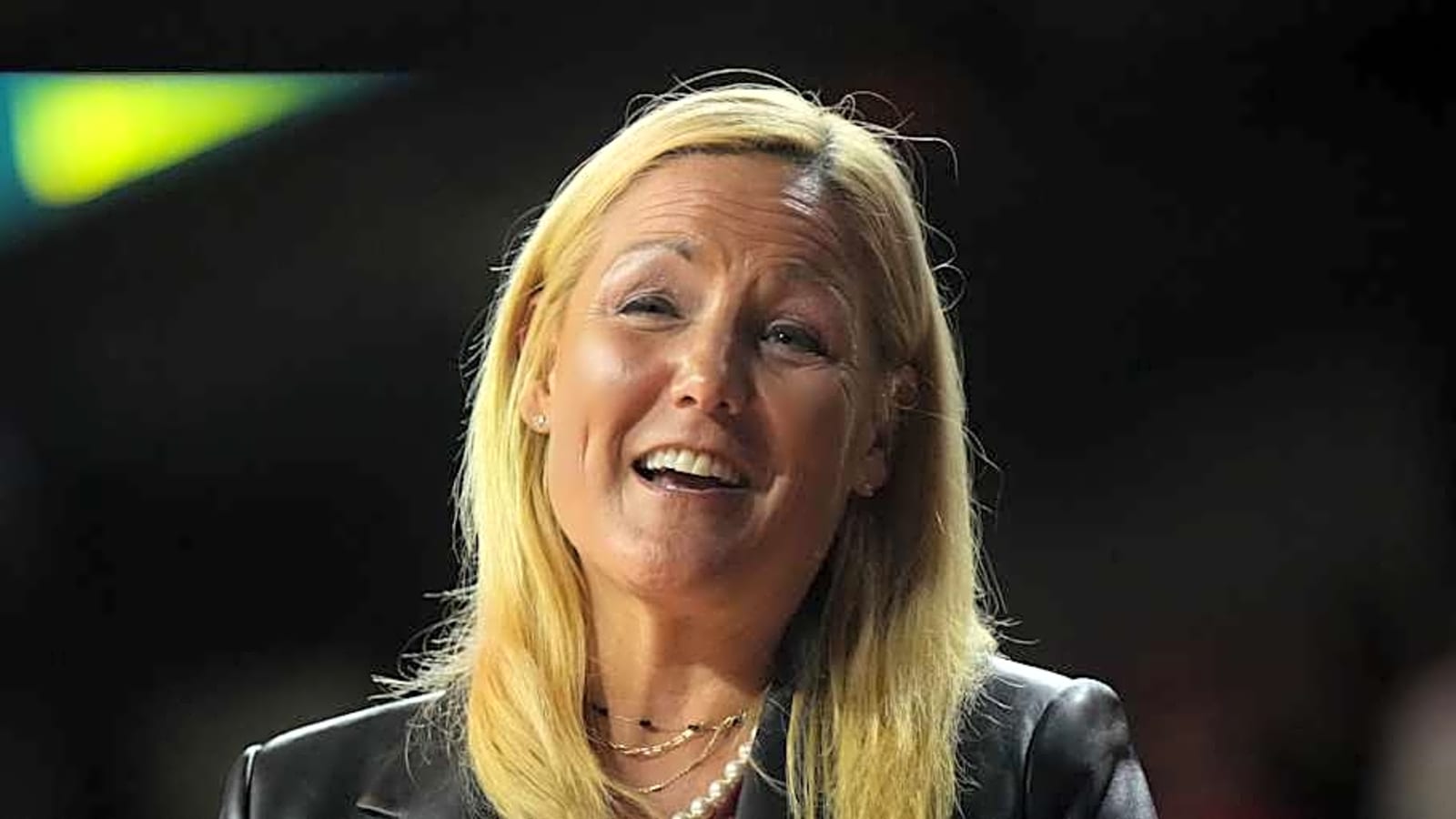
For USC Trojans athletic director Jennifer Cohen, the message is simple: USC isn’t here to keep pace. It’s here to set the standard.
In a recent interview with The LA Times, Cohen put the program’s intentions in bold letters, highlighting championship pursuits, forward-looking investments, and a unified vision with USC coach Lincoln Riley as the program transitions deeper into the Big Ten and into the uncertain waters of revenue sharing and NIL.
“Our standard is to pursue championships. That is our goal, our investment, and it is the expectation shared by myself, Lincoln, and our Trojan family,” Cohen told The LA Times.
It’s a statement that feels like both a rallying cry and a line in the sand.
A Unified Standard
When Cohen says “championships,” it’s not lip service. USC football enters the 2025 season with as much pressure as any program in the country.
The Trojans are just two years removed from an 11-win debut under Riley and a Cotton Bowl appearance, but last season’s defensive woes and a turbulent finish put the spotlight firmly on results.
Cohen’s confidence in Riley is unwavering. She pointed to investments that range from bolstering the staff to creating a general manager position for football operations—moves designed to match USC’s tradition with the realities of modern roster management.
“I just feel great about the progress that’s been made,” Cohen said. “And now we’re in a position to genuinely advance this program — and our entire athletic department — forward.”
That progress includes back-to-back top-10 recruiting classes, headlined by five-star quarterbacks and an influx of defensive talent, as USC tries to recalibrate in a Big Ten defined by line-of-scrimmage power.
Navigating a New Era
The backdrop to all of this is change. College athletics is entering its most disruptive period in decades, with revenue sharing, NIL, and player mobility redefining the job of every athletic director in the country. Cohen isn’t pretending otherwise.
“We can’t cling to outdated concepts,” Cohen said. “We must approach our operations differently and support students, coaches, athletic programs, and universities in a new way.”
At USC, that means funneling resources where they matter most—football first, with the understanding that success on Saturdays lifts the tide for the entire department.
“We’re entering into a different era … and for us, we’re motivated to win that era at USC,” Cohen added.
Her words echo the reality: in the NIL arms race, institutional alignment and innovation may matter just as much as blue-chip talent.
Balancing Football and the Trojan Portfolio
But Cohen has made clear that USC’s success won’t be football-only.
She’s adamant about sustaining USC’s long tradition of Olympic and women’s sports dominance, even as financial models shift. That balance requires both creativity and clarity—two themes Cohen stressed throughout her remarks.
“We’re in the people business, so people are complicated and they can be messy,” Cohen told The LA Times when asked about the department’s challenges. The answer spoke to the need for cohesion in a department that boasts 21 varsity programs.
For USC fans, though, the clearest message was about football: Cohen and Riley are aligned, expectations are elevated, and the program will be resourced to meet them.
The championship standard has always been part of USC’s DNA. The difference now is how explicitly Cohen is tying that vision to action—and to Lincoln Riley’s leadership.
“No one wants to succeed more than Lincoln,” Cohen said.
Bottom Line
For Cohen, this isn’t just about slogans or press conference soundbites. It’s about proving that USC can lead college athletics into its next chapter while reclaiming its spot atop the sport’s most competitive stage.
Championships aren’t just the goal—they’re the expectation.
And for Riley, that expectation is both his biggest burden and his greatest opportunity.
More must-reads:
- Ranked Week 2 showdown a chance for Oklahoma to re-enter national conversation
- Alabama drops to its lowest AP ranking in nearly two decades
- The 'College football color teams' quiz
Breaking News
Trending News
Customize Your Newsletter
 +
+
Get the latest news and rumors, customized to your favorite sports and teams. Emailed daily. Always free!








